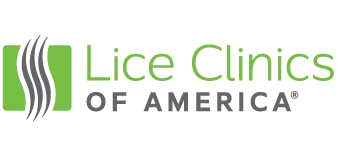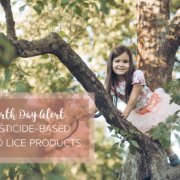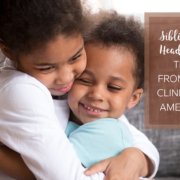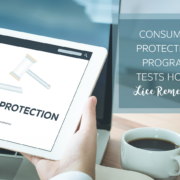Earth Day Alert from Lice Clinics of America® – College Station, Tomball, and The Woodlands
Every year on Earth Day the world focuses on environmental protection. Lice Clinics of America in College Station, Tomball, and The Woodlands reminds the two communities that all of its products and services are 100 percent pesticide-free. The clinics’ signature treatment using the FDA-cleared AirAllé® medical device is clinically proven to kill live lice and more than 99 percent of eggs (nits) using nothing more than heated air to dehydrate the bugs and eggs. Treatments take about an hour and are guaranteed to be effective.
“Many people don’t realize that traditional lice products rely on pesticides to kill head lice,” said Sonia Watt, owner of Lice Clinics of America in College Station, Tomball, and The Woodlands. “This means that parents are shampooing their children’s hair with toxic chemicals.”
Pyrethroids, the class of pesticides used in popular over-the-counter head lice products, are neurotoxins that kill lice by paralyzing the bugs’ central nervous system. Pyrethroids are also common in home and garden pesticide products such as bug sprays and fogs. A study by Cincinnati Children’s Hospital found an association between pyrethroid exposure and ADHD, particularly in terms of hyperactivity and impulsivity. A separate study presented at the 2017 Endocrine Society national meeting linked pyrethroids to early puberty in boys.
“The most frustrating part of this is that the products are no longer effective,” Watt said. “They have been overused for so long that head lice are now resistant to them.”
Watt is referring to the advent of so-called “super lice” that have developed a genetic resistance to pyrethroids. Research published in the Journal of Medical Entomology found that 98 percent of head lice in the United States and many other countries are now immune to pyrethroids. The AirAllé treatment is effective against super lice because it doesn’t rely on pesticides at all.
“Time after time, we see parents after they have tried these products several times,” Watt said. “We want the community to know that there is no reason to use harmful and less pesticides on their children when there are faster, safer, more effective alternatives available.”
Scientists have also found high levels of pyrethroids in U.S. watersheds. The U.S. Geological survey said that it has “detected pyrethroid insecticides in stream waters in urban and agricultural areas,” a report said. “Highly toxic to fish and invertebrates, the occurrence of pyrethroids in aquatic environments has become an ecological health concern.”
“Our message is this: Do yourself and the planet a favor and don’t use pesticides to treat head lice,” Watt said. “Come to our clinic and you will be lice-free in an hour with no risk to your health or to the environment.”
Lice Clinics of America in College Station, Tomball, and The Woodlands also offer a complete line of nontoxic home lice treatment products, including preventive sprays, shampoos and conditioners that can keep children from getting head lice in the first place. The products are pesticide-free and also guaranteed to be effective when used as directed.
With 330 clinics in 35 countries, Lice Clinics of America is the world’s largest network of professional lice treatment centers. AirAllé has treated more than 950,000 cases of head lice around the world with a success rate better than 99 percent.
To learn more or to schedule an appointment, visit https://texasliceremovalclinic.com, email info@texasliceremovalclinic.com, or call College Station (855) 464-8688, Tomball (832) 648-1619, or The Woodlands (832) 957-0373.












